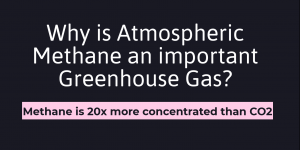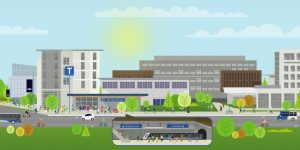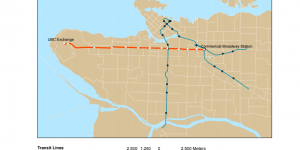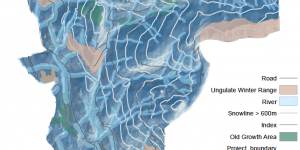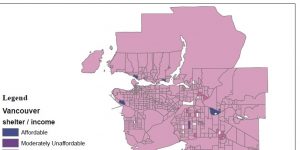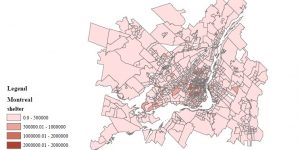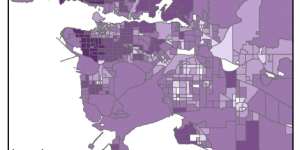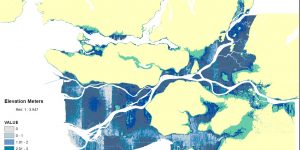Dangerous Concentrations of Methane can Lead to Climate Change Acceleration
A higher concentration of Atmospheric Methane can accelerate Global Warming in dangerous levels.
Experience with Final Project
Explored different topics and data analysis to work on for our final GIS project. Our group brainstormed research topics and coordinate data downloads to have an organized mapping system- manageable for a three-person team.
Professional Development Reflection on GEOB 270 (Introduction to GIS)
My Personal Statement in line with the skills and knowledge I acquired in my introductory Geographic Information Science (GIS) course.
Final Project: Analysis of the Skytrain Extension to UBC and its Impact on Cost of Housing
The Skytrain extension from Commercial-Broadway station to Arbutus street has completed its phase 1 evaluation and on its way to development, but the new phase 2 evaluation is considering a further extension from Arbutus street into UBC campus. My group and I discussed the possible impacts of this phase 2 extension on housing affordability and rapid transit ridership.
Lab 5: Environmental Impact Assessment (EIA)
Assessing the environmental implications of the newly proposed Garibaldi Ski Resort in Squamish
Lab 4: Housing Affordability
Further practiced my skills on editing data classification and mapping aesthetically.
Lab 4: Cost of Housing
Navigated through Canadian Census Analyser site (CHASS) and downloaded cost of housing data for Vancouver and Montreal, then moving them into the file Geodatabase.
Lab 4: Data Uncertainty
What are the rules of Statistics Canada on data suppression in terms of Census Tract (CT) and Dissemination Area (DA)?
Lab 4: Quantitative Data Classification
I acquainted myself with the data classification attributes. I also learned how to create a file geodatabase in ArcCatalog.
Marketing Coordinator & Photographer (2018-present)
I gained valuable soft skills during my time in Project Imagine. I coordinated, collaborated, multitasked, and until now, I am constantly learning from our executive team and volunteers.
Lab 3: Planning for Flooding/Storm Surge
The technical aspect: This lab acquainted me to analyzing the difference between raster and vector data, and when to appropriately use these datasets when creating a map from scratch, i.e. downloading data from an open data source. I further familiarized myself with properly projecting coordinate systems, and how to troubleshoot different coordinate systems among varying layers of a dataframe
